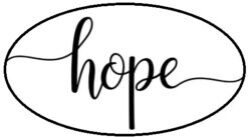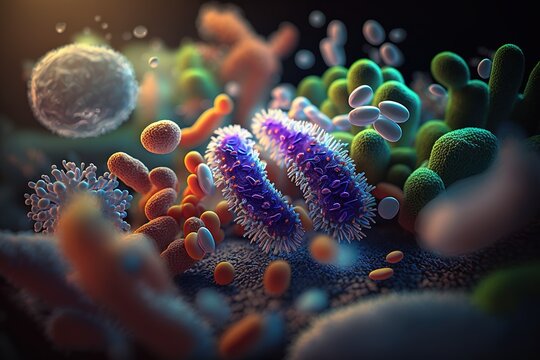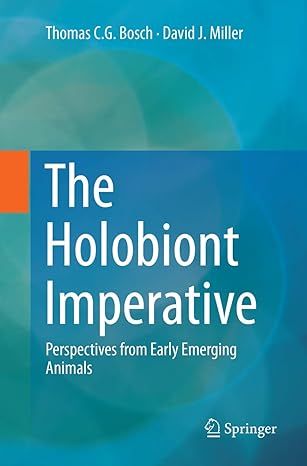“We think we’re alone in our heads. But we’re not. There are trillions whispering in the dark.” — Dr. Elise Marin, microbiome researcher, Institute for Human Ecology
Kolkata, 2:37 a.m. An autopsy technician glances at the readout on the screen: 39 trillion human cells. Pause. 38 trillion microbial ones. The balance is off. Again.
Across continents, a troubling pattern is emerging. Patients with altered mood profiles, erratic behavior, even shifts in political ideology — all tied to microbial “signature drifts” in their gut. “We used to blame hormones,” says forensic neurologist Dr. Aditya Choudhury, “but now, it’s the microbes. They’re rewriting the rules — and perhaps even the laws.”
In 2022, a Stanford study demonstrated that Toxoplasma gondii, a protozoan carried by over two billion people, may manipulate human behavior by reducing fear sensitivity. “It’s like someone’s whispering in your hippocampus,” said lead researcher Lena Grueber. Their findings echoed earlier work showing infected rodents losing their instinctive fear of cats — a biological suicide switch activated by microbial intrusion.
The thriller escalates: In a secure lab near Oslo, scientists unearth genomic echoes of ancient retroviruses fused into the human genome. “Your thoughts could be shaped by viral decisions made ten thousand years ago,” quips Dr. Anders Vilkström.
Microbiologist Susan Lynch from UCSF sums it up: “Each human is not one entity. We’re ecosystems — walking, talking collectives of genes from multiple kingdoms of life.” Her team’s 2019 Nature study found microbial compositions predictive of patient personalities in psychotherapeutic trials. Serotonin levels? 90% produced not in the brain, but by gut bacteria.
“The gut–brain axis isn’t a metaphor anymore,” Lynch adds. “It’s an intelligence network.”
March 2023. A BBC investigative exposé reveals covert pharmaceutical trials in Senegal, where psychobiotics — bacteria engineered to regulate mood — were being field-tested on young volunteers. One participant reports “a feeling of being followed inside my own mind.”
While ethics scandals erupted, the data stuck: strains like Lactobacillus rhamnosus were linked to heightened confidence, reduced anxiety, and increased risk-taking. “It’s like hacking dopamine, without a molecule — just bugs,” said behavioral ecologist Dr. Fiona Hu.
Evolutionary theorist Scott Gilbert argues humans should be reclassified as “holobionts” — composite beings made up of hosts and their symbionts. His 2017 paper in Biological Theory states: “Natural selection acts on consortia, not individuals.”
This reframes Darwin himself. Selection pressure? It’s not only on species, but the dynamic stability of microbial communities. “Forget survival of the fittest,” Gilbert says. “Try survival of the most adaptable consortia.”
Microbial inheritance isn’t just genetic — it’s cultural. A 2020 study by the Max Planck Institute showed that fermented food traditions maintain microbial lineage in human populations. “Your grandmother’s pickle recipe? It’s a probiotic legacy,” joked anthropologist Radhika Menon.
As diaspora populations settle across borders, microbiome shifts track dietary changes, stress profiles, and even ideological shifts. It’s microbial drift with consequences.
Legal theorists are grappling with a new frontier: microbial culpability. Can you be held responsible for actions influenced by microbiota? In 2024, a groundbreaking UK court ruling allowed psychobiotic evidence in a criminal defense — the accused suffered from dysbiosis-induced impulse control disorder.
“Microbes have lawyers now,” scoffs legal bioethicist Theo Nguyen.
Humans are as microbiotic as genetic. Microbes affect human conditions like pathology, biology and psychology. So much so that human cultural evolution is determined to a great extent by microbes living inside human bodies.
Cells for cell we carry substantial nonhuman DNA. Starting from mitochondria to endogenous retroviruses to gut bacteria, humans live as a collective in a symbiotic relationship with the microbial world. This relationship is so deep that parasites are known to subtly rewire our brains to control emotions, attitudes and traits.
Human agency as the sole territory of the human brain is now under question. Seen from this angle, our view towards life vis a vis our position in that greater scheme of things needs to be revisited. This is necessary for a wiser, healthier and longer life.
In a dimly lit observatory, a behavioral scientist mutters to herself, watching sleep cycles shift in test subjects fed with altered yogurt cultures.
Evidence Files:
Gilbert, S.F. (2017). “Holobiont by birth: Multilineage individuality and the evolution of development.” Biological Theory. https://doi.org/10.1007/s13752-017-0271-4
Grueber, L. et al. (2022). Stanford Journal of Neuroscience
Lynch, S. et al. (2019). “Gut microbiome and personality traits.” Nature Human Behaviour. https://doi.org/10.1038/s41562-019-0600-y
Menon, R. et al. (2020). Anthropology & Microbiome
Hu, F. (2023). Interview, Behavioural Ecology Summit
To know more read.
Related Reading
![]()


